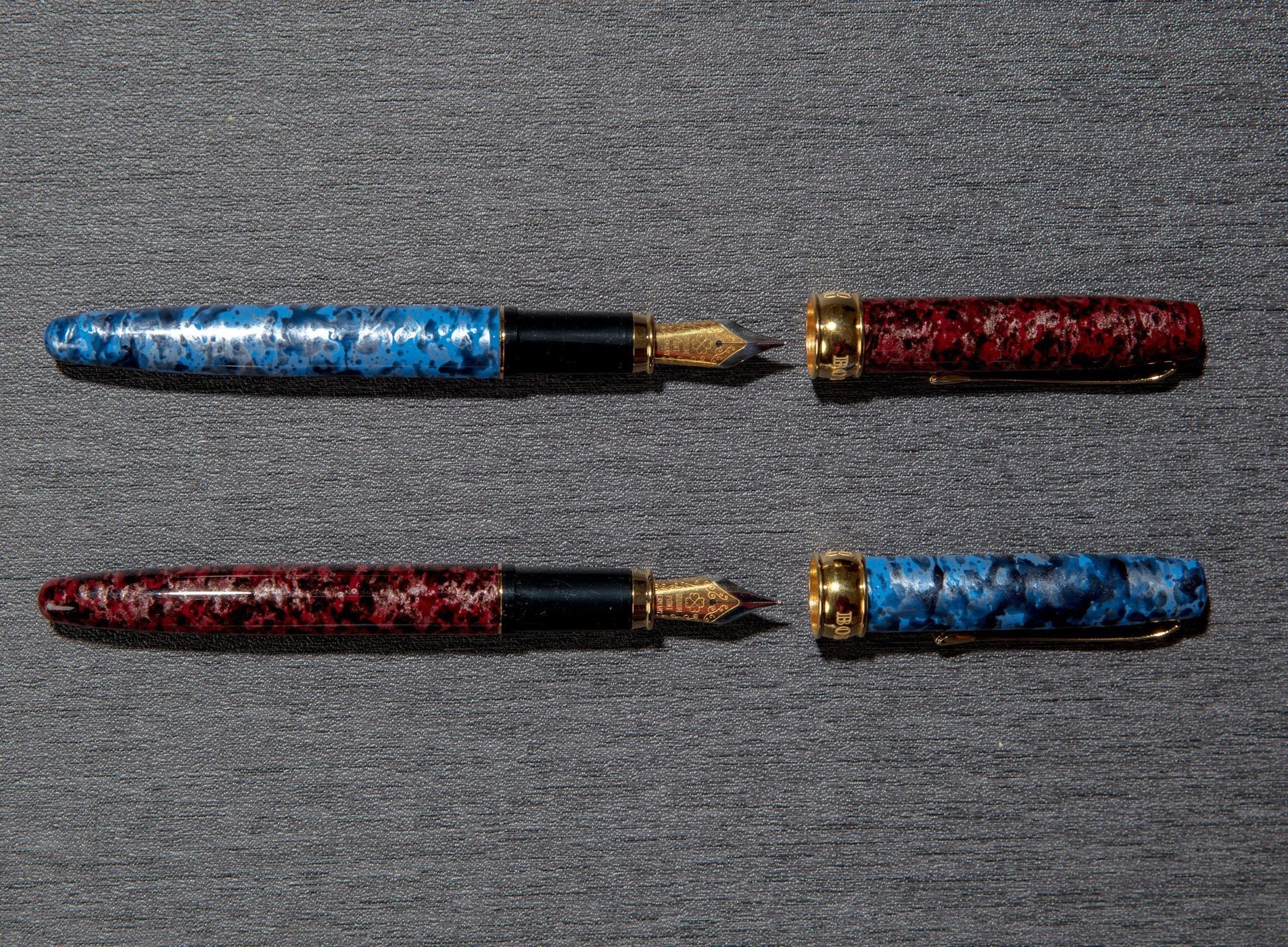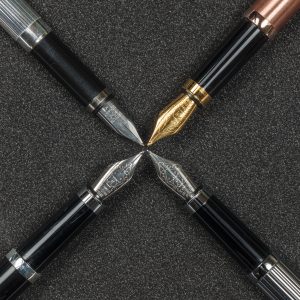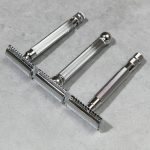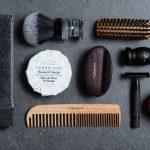With computers, cell phones, tablets and a million other devices, the art of writing with a pen and paper seems to be fading. We think it’s time to renew the love of writing and for everyone to embrace the use of a fountain pen.
Fountain Penefits
First patented by American Lewis Waterman 1884, the modern fountain pen comes in all different styles, price points, and has many benefits (related: Are these Europe’s Best Fountain Pens?)
- They feel good when you’re writing. You don’t have to press down as hard, like you might with a ballpoint pen, so fountains are easier on your hand. You could probably write a lot longer too without experiencing any fatigue in your hand. Ink should flow easily on paper, right along with your thoughts.
- There’s less waste involved compared to ballpoint pens. Rather than tossing the whole thing, all you need to do is refill the cartridge.
- Saves you money. Even though the initial investment might seem higher (inspiring you to take better care of it), your costs afterwards will essentially be with ink.
- Even scribbled script looks better. Writing with a fountain pen usually involves a lighter touch and flowing hand movement, which tends to make whatever it is you’re jotting down look much better.
- Each time you pull it out and get compliments on it, you might feel just a little more distinguished.
- The likes of Teddy Roosevelt and Sir Winston Churchill were fans of fountain pens. Churchill himself said “To sit at one’s table on a sunny morning, with four clear hours of uninterruptible security, plenty of nice white paper, and a [fountain] pen — that is true happiness.”

Elements of a fountain pen
Most materials that go into a fountain pen these days are plastic or high-end pens crafted from metal (which are heartier but also heavier).
The nib of the pen is usually made from a metal alloy. The less expensive nibs are usually made of steel; more expensive nibs are made of 14 or 18 karat gold – sometimes up to 21 karats. Gold nibs tend to have a little more spring to them. For an even fancier pen, go with a nib made of palladium or platinum.
Nib types are fine, medium and broad. Some manufacturers do sell extra-fine and extra-broad. A good rule of thumb to follow is the smaller your handwriting, the finer the nib. An easy test to see which nib is best: write a lowercase ‘e’ and if the bowl of the ‘e’ is filled with ink, that nib is too broad and you should opt for a finer one.
Filling fountain pens will depend on the cartridge types (the small plastic tubes prefilled with ink. Some types are refillable). Some cartridge pens also have an ink pump to draw ink from the bottle. Other, more expensive, pens have a built-in piston that draws the ink in like a vacuum from the bottle – these types usually have a larger ink capacity. If you write a lot or don’t want to change cartridges or refill often, this one’s for you.
Choosing a pen depends on what’s on your must-have list. Are you comfortable carrying one around and lending it to friends and strangers by request? Or do you prefer spending a little more and keeping it all to yourself? Factors to consider:
- Price point
- Body colour/material
- Cap type (snap on or screw)
- What inks are compatible or readily available
- The filling system (cartridge versus piston)
- Nib material
- Nib sizes available
- The pen’s overall weight
- Postable (with a cap) or Retractable (nib retracts with a click or by twisting the body)
- Trim colours
- Grip section (cushioned, ergonomic)
- The writing experience (smooth, scratchy)
- Where you intend on using it (home, work, keep it in your car)
Read reviews. Even though someone else’s favourite pen might not be yours, look at what others have said about brands you might be interested in buying to see what their experiences have been with a particular pen.
Whatever pen you choose, and whichever inks you experiment with – gold flecked or bold emerald green – it’s an experience you’ll enjoy and perhaps even find relaxing. You may even find yourself amassing a collection of fine writing instruments over time.






